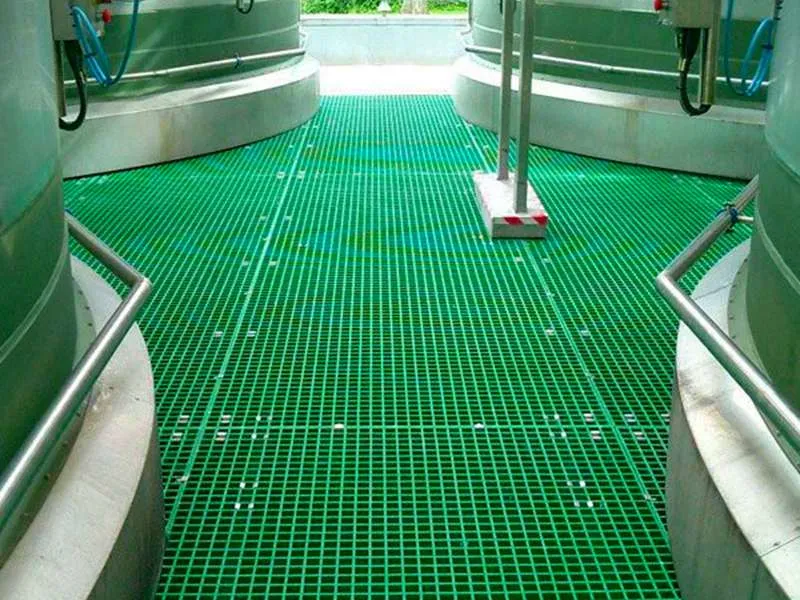
-
 Afrikaans
Afrikaans -
 Albanian
Albanian -
 Amharic
Amharic -
 Arabic
Arabic -
 Armenian
Armenian -
 Azerbaijani
Azerbaijani -
 Basque
Basque -
 Belarusian
Belarusian -
 Bengali
Bengali -
 Bosnian
Bosnian -
 Bulgarian
Bulgarian -
 Catalan
Catalan -
 Cebuano
Cebuano -
 China
China -
 China (Taiwan)
China (Taiwan) -
 Corsican
Corsican -
 Croatian
Croatian -
 Czech
Czech -
 Danish
Danish -
 Dutch
Dutch -
 English
English -
 Esperanto
Esperanto -
 Estonian
Estonian -
 Finnish
Finnish -
 French
French -
 Frisian
Frisian -
 Galician
Galician -
 Georgian
Georgian -
 German
German -
 Greek
Greek -
 Gujarati
Gujarati -
 Haitian Creole
Haitian Creole -
 hausa
hausa -
 hawaiian
hawaiian -
 Hebrew
Hebrew -
 Hindi
Hindi -
 Miao
Miao -
 Hungarian
Hungarian -
 Icelandic
Icelandic -
 igbo
igbo -
 Indonesian
Indonesian -
 irish
irish -
 Italian
Italian -
 Japanese
Japanese -
 Javanese
Javanese -
 Kannada
Kannada -
 kazakh
kazakh -
 Khmer
Khmer -
 Rwandese
Rwandese -
 Korean
Korean -
 Kurdish
Kurdish -
 Kyrgyz
Kyrgyz -
 Lao
Lao -
 Latin
Latin -
 Latvian
Latvian -
 Lithuanian
Lithuanian -
 Luxembourgish
Luxembourgish -
 Macedonian
Macedonian -
 Malgashi
Malgashi -
 Malay
Malay -
 Malayalam
Malayalam -
 Maltese
Maltese -
 Maori
Maori -
 Marathi
Marathi -
 Mongolian
Mongolian -
 Myanmar
Myanmar -
 Nepali
Nepali -
 Norwegian
Norwegian -
 Norwegian
Norwegian -
 Occitan
Occitan -
 Pashto
Pashto -
 Persian
Persian -
 Polish
Polish -
 Portuguese
Portuguese -
 Punjabi
Punjabi -
 Romanian
Romanian -
 Russian
Russian -
 Samoan
Samoan -
 Scottish Gaelic
Scottish Gaelic -
 Serbian
Serbian -
 Sesotho
Sesotho -
 Shona
Shona -
 Sindhi
Sindhi -
 Sinhala
Sinhala -
 Slovak
Slovak -
 Slovenian
Slovenian -
 Somali
Somali -
 Spanish
Spanish -
 Sundanese
Sundanese -
 Swahili
Swahili -
 Swedish
Swedish -
 Tagalog
Tagalog -
 Tajik
Tajik -
 Tamil
Tamil -
 Tatar
Tatar -
 Telugu
Telugu -
 Thai
Thai -
 Turkish
Turkish -
 Turkmen
Turkmen -
 Ukrainian
Ukrainian -
 Urdu
Urdu -
 Uighur
Uighur -
 Uzbek
Uzbek -
 Vietnamese
Vietnamese -
 Welsh
Welsh -
 Bantu
Bantu -
 Yiddish
Yiddish -
 Yoruba
Yoruba -
 Zulu
Zulu
Innovative Solutions for FRP Flooring Applications in Modern Construction Industry
Exploring the Benefits of FRP Flooring A Comprehensive Guide
In recent years, the construction industry has experienced a significant shift towards using more innovative materials that not only enhance durability but also contribute to sustainability. One such material gaining prominence is Fiberglass Reinforced Polymer (FRP). FRP flooring has emerged as a transformative solution in various applications, from residential to industrial sectors. This article will explore the key benefits of FRP flooring, its applications, and why it stands out as a preferable choice over traditional flooring materials.
What is FRP Flooring?
Fiberglass Reinforced Polymer is a composite material made from a polymer matrix reinforced with fiberglass. The combination of these materials results in a lightweight, yet incredibly strong flooring option. FRP flooring can be produced in various forms, including sheets, panels, and tiles, making it versatile for different environments. Its unique composition allows for resistance to corrosion, chemicals, and moisture, making it ideal for both indoor and outdoor applications.
Benefits of FRP Flooring
1. Durability One of the most significant advantages of FRP flooring is its exceptional durability. Unlike traditional materials such as wood or concrete, FRP does not warp, crack, or become degraded over time, even in harsh conditions. This longevity means fewer replacements and repairs, translating into lower lifetime costs.
2. Resistance to Corrosion FRP has excellent resistance to corrosive substances, making it particularly suitable for environments where exposure to chemicals is a concern, such as factories, laboratories, and food processing plants. It also does not rust like metal flooring, ensuring that it maintains its integrity in demanding settings.
3. Lightweight The lightweight nature of FRP flooring eases installation, logistics, and transportation. This feature is especially useful in renovation projects where minimizing structural load is a priority. The reduced weight also means that fewer resources are needed for installation, potentially lowering project costs.
4. Safety Safety is a top concern in any setting, and FRP flooring addresses this through its slip-resistant properties. Many FRP flooring products come with textured surfaces that enhance grip, drastically reducing the likelihood of slips and falls—critical for industrial workplaces and public facilities.
frp flooring

5. Easy Maintenance Maintenance of FRP flooring is straightforward; it can be cleaned easily with standard cleaning products without the risk of damage. Additionally, as it does not absorb stains like porous materials such as wood, it remains visually appealing with minimal effort.
6. Environmental Impact As sustainability becomes a priority in construction, FRP flooring stands out due to its potential for recycling. Many FRP products are made from recycled materials, and the manufacturing processes can be designed to minimize environmental impact. This contributes to a more sustainable future in construction.
Applications of FRP Flooring
FRP flooring is exceedingly versatile, making it suitable for numerous applications
- Industrial Facilities Its ability to resist chemicals and its durability make FRP flooring a popular choice in manufacturing plants and warehouses. - Commercial Spaces Restaurants, hotels, and shopping centers benefit from the aesthetic appeal and slip-resistance of FRP flooring.
- Marine Environments Given its resistance to water and corrosion, FRP flooring is an excellent option for docks, boats, and other marine applications.
- Healthcare Facilities Its ease of cleaning and sanitary properties make FRP a preferred flooring choice for hospitals and clinics.
Conclusion
FRP flooring is revolutionizing the way we think about flooring materials across various sectors. Its numerous benefits, ranging from durability and safety to ease of maintenance and environmental friendliness, underscore its superiority over traditional flooring options. As industries continue to prioritize sustainability and efficiency, the adoption of FRP flooring is likely to grow, making it a material worth considering for any future construction or renovation project. Whether you are in the industrial sector, commercial arena, or even involved in home renovations, FRP flooring offers an innovative and reliable solution that meets the demands of modern construction.









